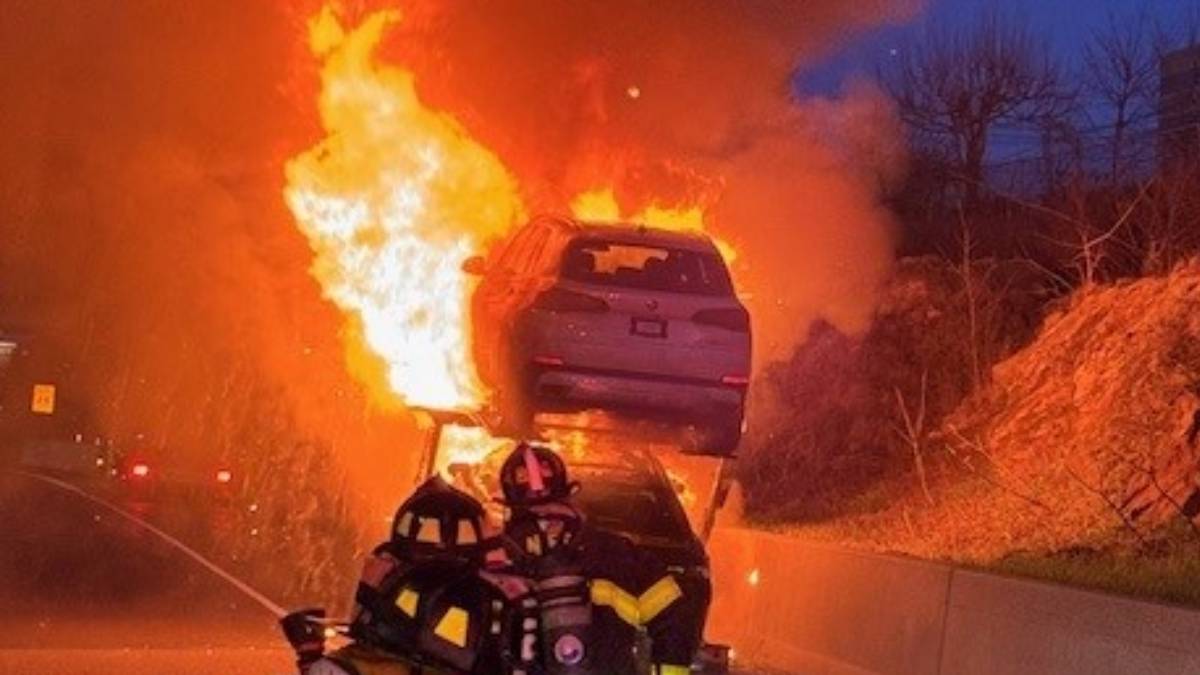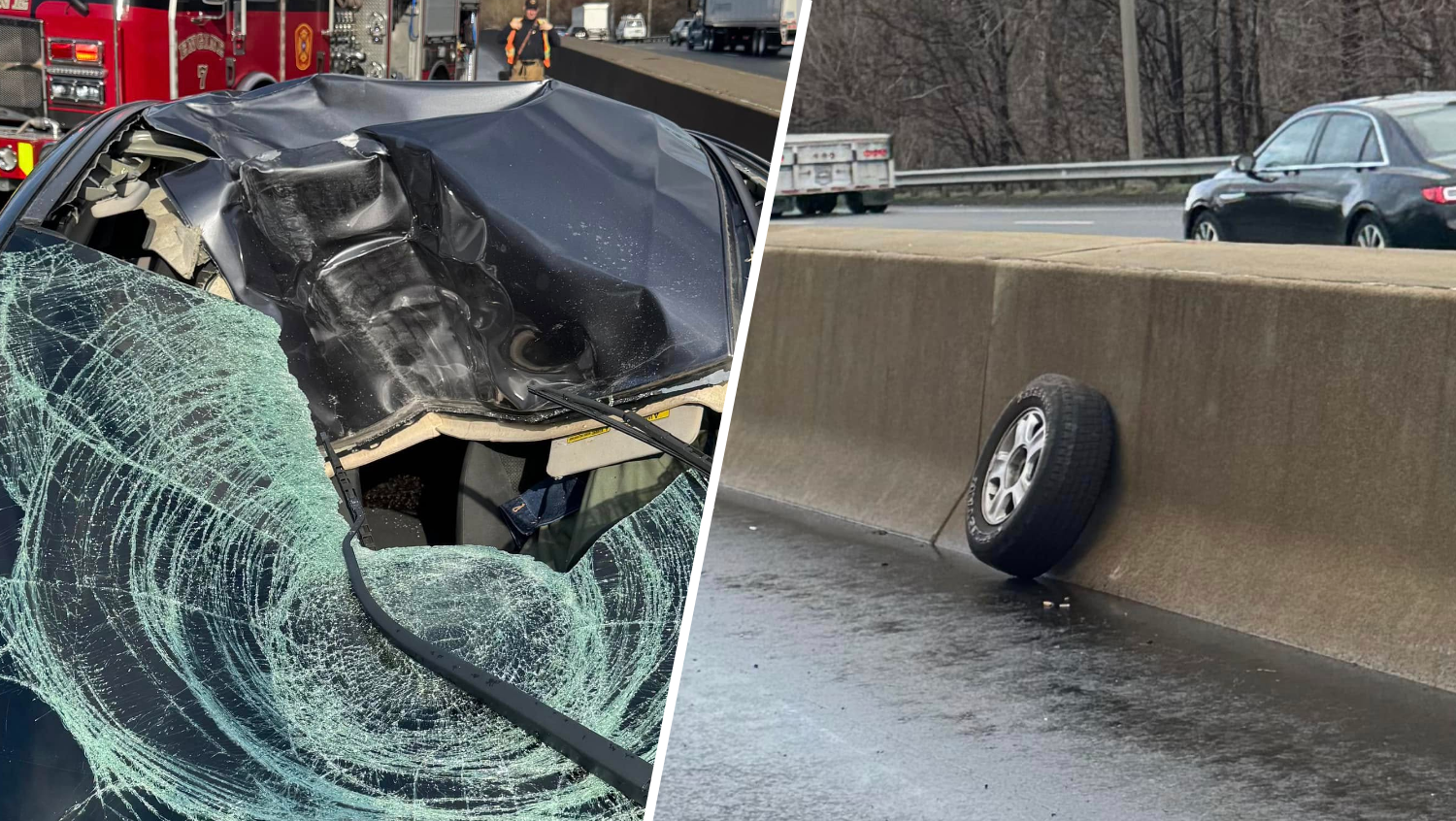The city of New Haven has already had three homicides so far this year. It’s a trend police say they’re working to improve.
At a Thursday news conference on city violence, New Haven Police Chief Karl Jacobson said there have been four shootings so far this year, half of where the city was this time last year. But what's concerning is that three of those four shootings have ended in death.
If you add a homicide on Dec. 31, that’s four in one week.
“There were some beefs that were resurfaced. There were some people out of jail that, in my opinion, shouldn’t have been out of jail,” Jacobson said.
He says new technology like new city cameras and license plate readers are helping solve crimes faster.
Get top local stories in Connecticut delivered to you every morning. Sign up for NBC Connecticut's News Headlines newsletter.
“You had two people exchange gunfire on a school bus two weeks ago, and one is in custody, the other is about to be in custody,” he said, adding one of them is a juvenile.
Mayor Justin Elicker says they have regular meetings and conversations with partner agencies and support services.
“[They] talk about the names of the people that are likely to be involved in violence and what we are doing to engage those people,” Elicker said. “Whether it is custom visits to their homes, whether it is providing housing and other support.”
One of those groups is Project Longevity now under the Justice Education Center in West Hartford, where Sherry Haller is the executive director.
“We are investing in a range of interventions, social services, housing, trainings, in concert with supervisory entities, probation, juvenile and adult parole, the Department of Correction in an effort to create opportunities that will make a huge difference in a person's life, and in their ability to choose a crime free life,” Haller said.
Marlon Thornton works for Project Longevity in Hartford. He tells NBC Connecticut that out of 110 people he supports, only eight have reoffended.
The goal is to connect them with jobs, training and even driver’s licenses and birth certificates so they can move forward and reduce recidivism.
“Because now you put them in a different direction other than retaliation, because they have something to lose. They have actual things that they can lose from it and are aware of it," Thornton said.



